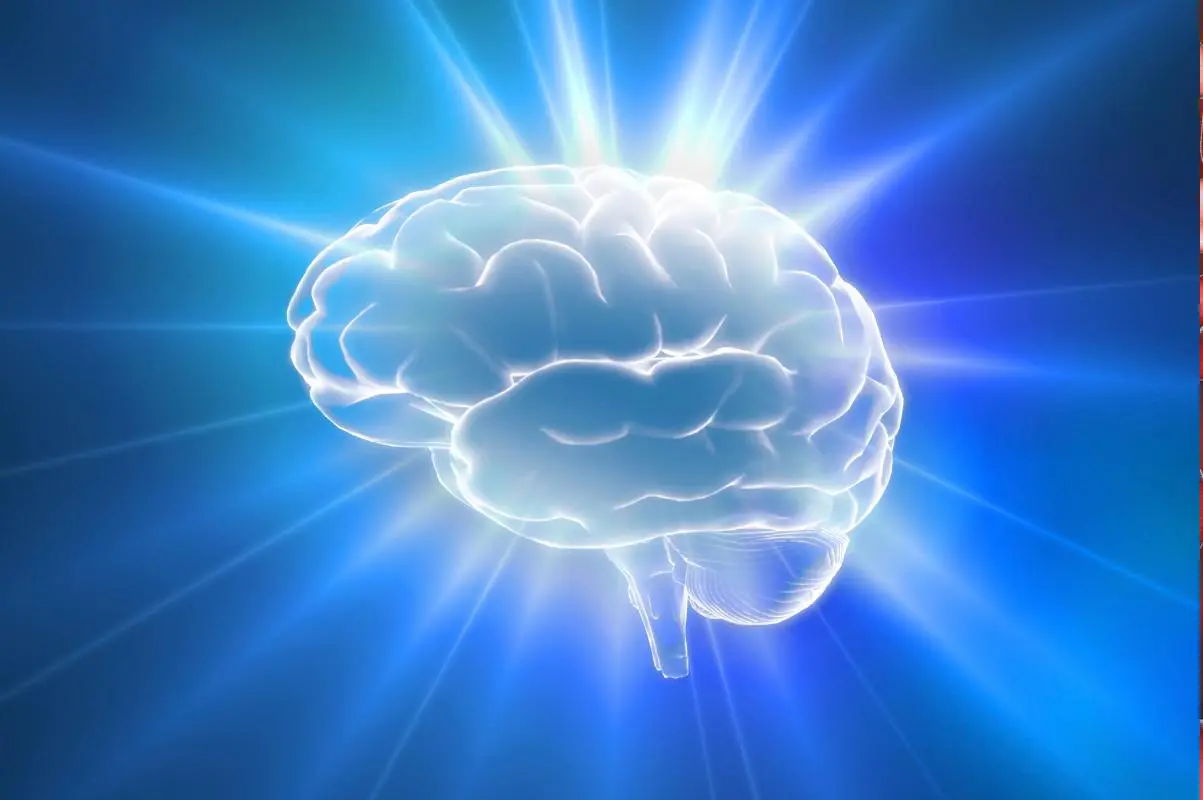Struggling With Brain Fog? 9 Root Causes and How to Fix Them Naturally
Brain fog is a term used to describe a lack of mental clarity, poor focus, and forgetfulness. If you have ever entered a room and forgotten why, found it difficult to concentrate at work, or felt mentally “cloudy” for no apparent reason, you may be suffering from brain fog. Brain fog is a real symptom that can be brought on by a variety of environmental, emotional, and physical factors, even though it is not a recognized medical diagnosis. Thankfully, dietary adjustments, improved sleep hygiene, and lifestyle modifications can naturally address many of these causes.
What Experts Say About Brain Fog
Dr. Lisa Mosconi, a neuroscientist and director of the Women’s Brain Initiative at Weill Cornell Medicine, says that brain fog can be a sign of something more serious, like inflammation, hormonal imbalances, or even emotional exhaustion. Dr. Uma Naidoo, a nutritional psychiatrist with training from Harvard, adds that what you eat can have a big impact on your thinking. Poor eating habits can lead to brain fog, anxiety, and even depression.
What the Latest Research Says
Recent studies have revealed that brain fog has multiple causes, many of which are lifestyle-related. A 2023 study published in the journal Frontiers in Neurology found that brain fog is often associated with:
- Poor sleep quality
- Chronic stress and anxiety
- Nutrient deficiencies, especially B12, Omega-3s, and iron
- Hormonal imbalances (especially in perimenopausal women)
- Post-viral inflammation, like after COVID-19 infection
The NIH also reports brain fog as one of the most persistent symptoms of long COVID, affecting memory and cognitive processing in previously healthy individuals.
9 Common Root Causes of Brain Fog
1. Lack of Sleep
Chronic sleep deprivation disrupts your brain’s ability to consolidate memory and focus. Aim for 7–9 hours of quality sleep per night.
2. Nutrient Deficiencies
Low levels of vitamin B12, iron, magnesium, or Omega-3 fatty acids are linked to cognitive sluggishness. Harvard Health recommends getting these through diet or supplements.
3. Hormonal Changes
Fluctuations in estrogen, thyroid, or cortisol can alter neurotransmitter activity, especially in women during perimenopause.
4. Blood Sugar Swings
Eating highly processed carbs can cause glucose spikes and crashes, impacting energy and mental clarity.
5. Chronic Stress
Cortisol overload affects memory, focus, and even brain structure over time. Stress management is key.
6. Dehydration
Even mild dehydration can reduce alertness and short-term memory. Aim for 8–10 glasses of water daily.
7. Sedentary Lifestyle
Lack of exercise reduces oxygen flow to the brain. Regular aerobic activity boosts cognitive function.
8. Poor Gut Health
Your gut microbiome directly impacts your brain. Imbalance can trigger inflammation and fogginess. Consider probiotics and fermented foods.
9. Post-Viral Syndrome (e.g., Long COVID)
Ongoing inflammation after infections can disrupt brain chemistry, requiring targeted recovery strategies.
Why Brain Fog Matters for Public Health
Beyond just being annoying, brain fog can have an impact on one’s mental health, interpersonal relationships, and productivity at work. One of the most common complaints among patients recuperating from illness or burnout is chronic cognitive fatigue. Long-term COVID brain fog can last for months and frequently necessitates a multidisciplinary recovery plan, according to a 2024 CDC report. People are being advised by public health officials to treat symptoms of brain fog seriously, particularly if they are combined with mood swings or exhaustion.
Natural Ways to Improve Brain Fog
Here are science-backed, natural tips to help clear brain fog and restore mental clarity:
- Prioritize Sleep Hygiene – Try melatonin or magnesium glycinate for better sleep
- Eat Brain-Friendly Foods – Focus on leafy greens, berries, walnuts, and fatty fish
- Stay Active – Aim for 30 minutes of moderate exercise 5x a week
- Hydrate Regularly – Set reminders to drink water throughout the day
- Limit Sugar and Processed Foods – Especially refined carbs
- Try Mindfulness or Meditation – Just 10 minutes can reduce stress-induced fog
- Support Gut Health – Include yogurt, kimchi, or kefir in your diet
Final Thoughts
Although it is not a disease, brain fog is an indication that your body and brain require care. You can restore your clarity and improve your general well-being by addressing the underlying causes, whether they be emotional, hormonal, or nutritional. To rule out underlying conditions like anemia, hypothyroidism, or ADHD, see your doctor or a neurologist if your symptoms worsen or continue.
Check out the healthlynic ✔️approved range of products for Weight Loss, Improve metabolism and much more!







